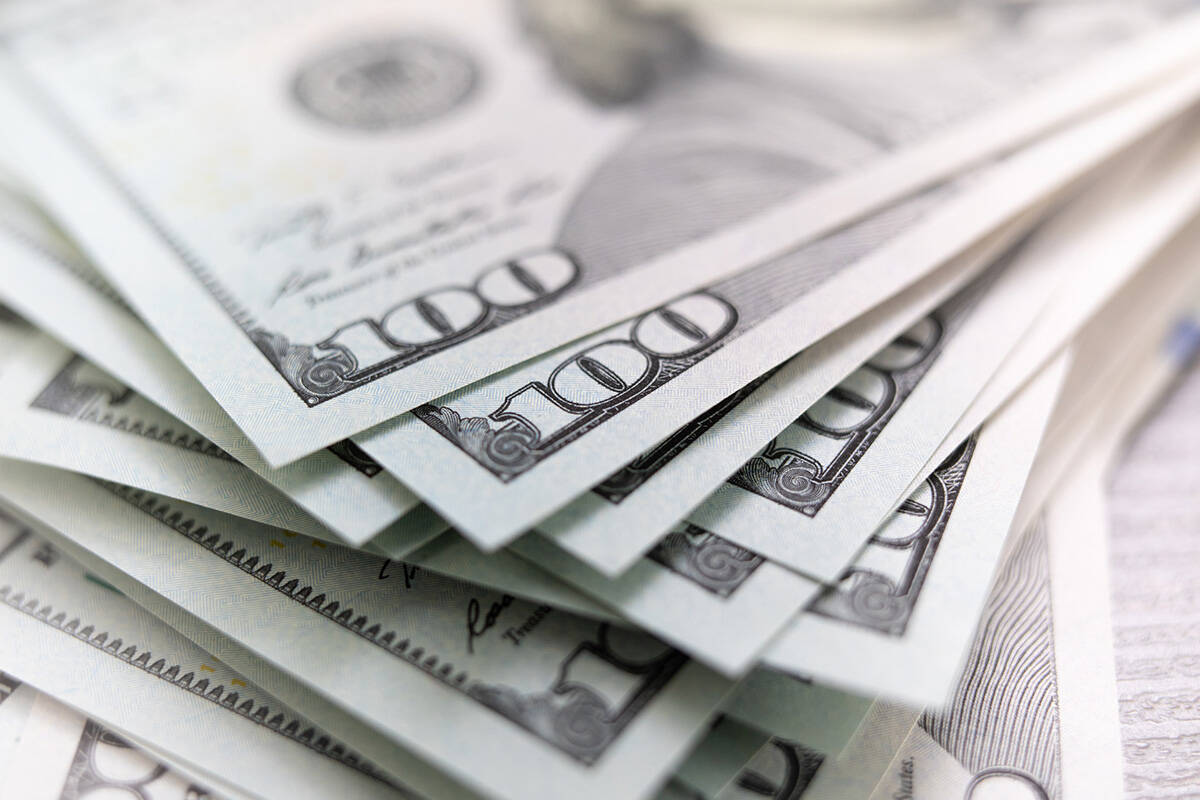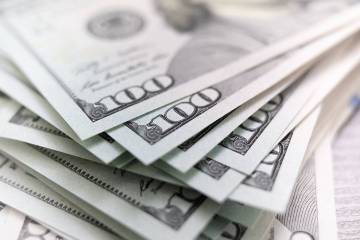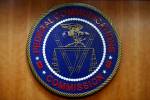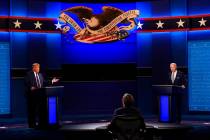EDITORIAL: How much pandemic relief went down a black hole?
The late, great P.J. O’Rourke once wrote that “giving money and power to government is like giving whiskey and car keys to teenage boys.” A Washington Post series on federal pandemic spending does little to dispel Mr. O’Rourke’s satirical observation.
In a Thursday report — part of an examination of what happened to the $5 trillion that Beltway politicians spent under the guise of pandemic relief — the Post notes that several private financial technology companies charged with processing loans under the Paycheck Protection Program may have overlooked fraud while lining their own pockets with public funds. The findings are part of a House congressional report.
“Some of the companies involved had never before managed federal aid, the report found,” according to the Post. “At the height of the pandemic, they failed to hire the right staff to thwart fraud. They amassed major profits from fees generated from the loans — large and small, genuine and problematic — that they processed and reviewed. And they repeatedly escaped scrutiny from the Small Business Administration, putting billions of dollars at risk, the probe found.”
Estimates of fraud in the PPP now sit at $80 billion and climbing. A great majority of those loans were forgiven, leading the inspector general of the SBA “to warn in March that the government probably was ‘forgiving PPP loans for potentially fraudulent and ineligible applicants,’ ” the Post reported.
The congressional findings single out six firms — known an “fintechs” — as being more prone to approving troublesome loans. The companies “seemed to miss obvious flags for fraud — incorrect tax documents, names and addresses that didn’t match on applications, identities that may have been stolen and profit margins that didn’t make sense,” the Post reported.
To make matters worse, the legislation allowed lenders to collect fees based on the number and size of the loans they processed. This provided a lucrative disincentive to impose tighter underwriting controls. “The more you submit, the more we get paid,” was one worker’s description of the system, according to the Post. In the end, a University of Texas study “estimated that PPP appeared to generate about $38 billion in fees for lenders, about $8.6 billion of which ultimately went to fintech companies.”
But there’s a story here beyond corporate incompetence and greed. It’s one of “moral hazard,” the term that describes how decision-making is distorted when one is insulated from bearing the full consequences of the costs of failure. Like politicians, these companies were doling out other people’s money, leading to decisions that likely never would have been made had they been dealing with their own resources.
At the very least, Congress should look to recoup funds from fintechs that threw taxpayer money away on dubious loans unlikely to withstand outside scrutiny. In reality, however, that’s a long shot, particularly given that the legislation upon which the loans were based was itself hastily written in an effort to quickly get money in the hands of businesses and others straining under pandemic lockdowns. Congressional action in the face of a once-in-a-lifetime event was inevitable and appropriate given government-mandated closures and restrictions. But oversight and accountability were always an afterthought.
And so it is with much of what happens in Washington. When it comes to giving other people’s money to politicians or passing out hard booze and car keys to teenage boys, the latter are the odds-on favorites to do less harm.




























